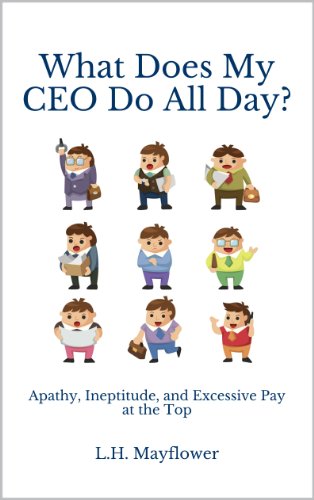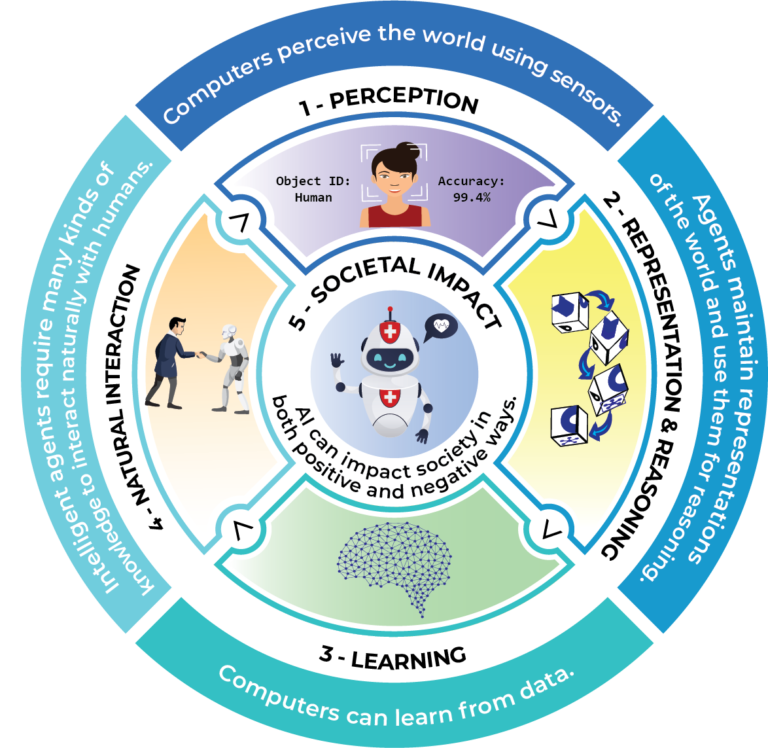What Does A CEO Do All Day?
A CEO, or Chief Executive Officer, is the highest-ranking executive in a company. They are responsible for overseeing the company’s operations, setting corporate strategy, and making sure that all departments within the company are working together to achieve their goals. CEOs are typically the face of the company, and their decisions can have a major impact on the company’s success. As such, CEOs tend to have very busy days, juggling a variety of tasks. On any given day, a CEO might spend time attending meetings, giving presentations, managing their staff, and analyzing reports to make sure the company is on track. They must also make sure to stay up-to-date with industry news and trends, and come up with innovative ideas to keep the company competitive. Ultimately, the CEO is responsible for the success of their company, and so their day is filled with a number of important tasks.
Managing Staff
and Resources
As the head of a company, a CEO is responsible for making sure the right people are in the right positions and that the resources the company has are allocated properly. This means CEOs must have a solid understanding of the organization and its goals, and be able to clearly communicate their vision to the staff. CEOs must also stay on top of industry trends and make sure the company is staying ahead of its competitors. To do this, they must be able to identify the skills and resources needed to create a successful team, and be able to motivate their staff to reach their goals. Additionally, CEOs must be able to analyse potential risks and make sure the company is prepared in the event of any unforeseen circumstances. It is the CEO’s job to make sure the company is functioning optimally, and to ensure the staff have the necessary tools and resources to do their jobs effectively.
Setting Goals and Strategies
As a CEO, it’s important to have a clear vision of the company’s goals and strategies. CEOs are responsible for setting the company’s direction and ensuring it meets its objectives. They must determine the long-term goals and strategies that will enable the company to reach its desired objectives. To do this, they must research the industry, analyze the competition, and develop a comprehensive plan to guide the company’s operations. This requires an understanding of the company’s strengths and weaknesses, as well as knowledge of trends and developments in the industry. CEOs must also identify potential risks and develop strategies to mitigate them. Furthermore, they must ensure that the company’s resources are allocated in a way that maximizes return on investment and aligns with the company’s overall goals and strategies. A CEO’s job is to make sure the company is on track and taking the right steps to reach its goals and objectives.
Making Decisions
Being a CEO is all about making decisions; it’s the most important part of the job. CEOs are constantly evaluating the state of their company, strategizing, and deciding what needs to be done next. From deciding which products to launch to deciding which investments to make, a CEO’s decisions have a major impact on their organization. During the day, CEOs will review data, consult with their team, and make thoughtful decisions that will help their company reach its goals. CEOs must also stay up to date on industry trends and news, as this will inform their decisions. A savvy CEO will also check in with their team regularly, getting feedback on how their decisions are playing out in the real world. By staying informed and consulting with their team, CEOs can make informed decisions that will help their organization succeed.
:max_bytes(150000):strip_icc()/what-does-a-chief-executive-officer-ceo-do-1918528_Final-edit-5be4a56292524688aa9c5e9ab39d8226.jpg)
Overseeing Product Development
As the CEO of a company, a significant part of your day is devoted to overseeing the product development process. This entails ensuring that the product is created within a given timeline, budget, and quality standards, and that each member of the team is working together efficiently and effectively. It also means regularly monitoring the progress of the product and adjusting the plan as needed. This could involve making decisions about staffing, scheduling, and budgeting, as well as providing feedback and guidance to the product development team. Additionally, a CEO may be responsible for communicating with stakeholders, such as customers and investors, to ensure that their interests are taken into consideration and that the product is meeting their expectations. It is essential for a CEO to remain up to date on the latest industry trends and technologies to ensure that the product is competitive and will remain relevant for years to come.
Building Relationships
As a CEO, it is essential to build relationships with various stakeholders. This can include clients, shareholders, board members, and other important contacts. To do this effectively, a CEO should be excellent at networking, communication, and problem-solving. They should also be adept at developing and maintaining relationships with existing customers while also building new business relationships. A CEO should also be well-versed in strategic planning and finance, as they will need to use this knowledge to make decisions that will affect the company’s future. Additionally, a CEO should be able to motivate their team and ensure they are motivated to achieve the company’s goals. Finally, a CEO should be able to work with internal and external teams to ensure the success of the company. Building relationships is an essential part of being a successful CEO.
Balancing the Budget
, Managing Employees, and More
Being a CEO is no easy feat. It requires a lot of hard work, dedication, and passion in order to be successful. Many people often wonder what a CEO does all day, and the answer to that question is quite varied. While some of the daily tasks of a CEO may include budgeting and managing employees, there is also a lot more that goes into being a successful CEO.
A CEO is responsible for managing the overall operations and goals of a company. This can include budgeting, coming up with strategies, making decisions, and overseeing the internal operations of the organization. Additionally, a CEO must make sure the company is meeting its goals and objectives, and that the company is compliant with any applicable legal regulations.
Another important task of a CEO is managing employees. This involves establishing a team of qualified individuals, setting objectives, and ensuring employees have the resources they need to complete their tasks. Furthermore, a CEO must also motivate and inspire their employees to reach their goals.
In addition to these tasks, a CEO is also responsible for representing the company to the public. This can include attending networking events, speaking at conferences, and engaging with customers. A CEO must also monitor the company’s performance and be able to make quick decisions in order to ensure the company is successful.
Overall, a CEO’s day is full of balancing budgets, managing employees, and overseeing the operations of the company. It is a demanding job, but one that can bring great rewards if done correctly.
FAQs About the What Does A CEO Do All Day?
1. What are the primary responsibilities of a CEO?
A CEO’s primary responsibilities typically include establishing and implementing short- and long-term goals, developing and executing strategies to meet those goals, overseeing the operations of the organization, formulating policies, and representing the organization in meetings with stakeholders, investors, and other organizations.
2. How long does a CEO typically work in a day?
It depends on the organization and the individual. Generally, a CEO’s workday can range from 8 to 10 hours, but can sometimes extend up to 12 hours or more.
3. What type of skills do CEOs need?
In addition to strong leadership and managerial skills, CEOs need to be highly organized, have excellent communication and problem-solving skills, and be able to stay up-to-date on current trends in their industry. They also need to be able to make difficult decisions in a timely manner and be able to work well under pressure.
Conclusion
In conclusion, a CEO’s job is far from simple. There is no single answer to what a CEO does all day, as their job is constantly changing. They must be able to juggle a variety of tasks and responsibilities, while also keeping up with the latest trends in their industry. CEOs must be able to lead a team and make decisions that will be beneficial to the company. They must also ensure that the company remains profitable and meets its goals. A CEO is an integral part of any successful business and is ultimately responsible for its success or failure.



